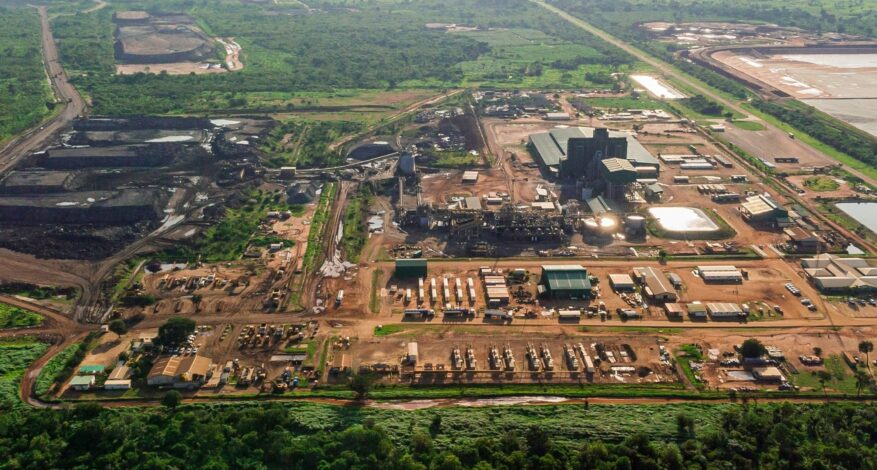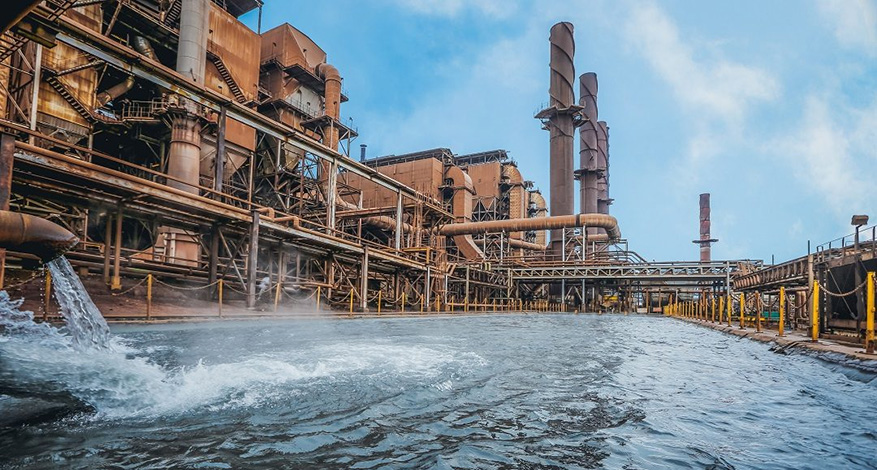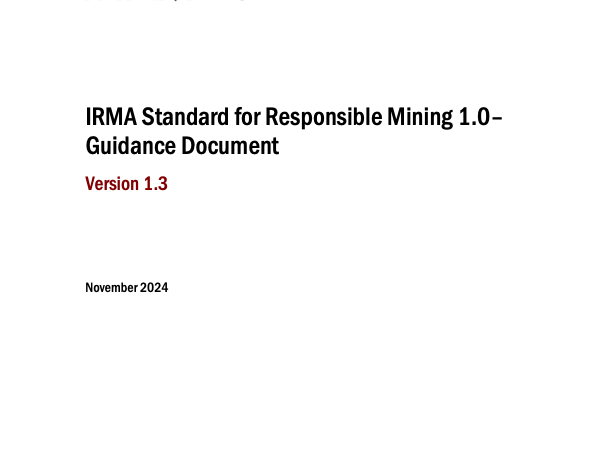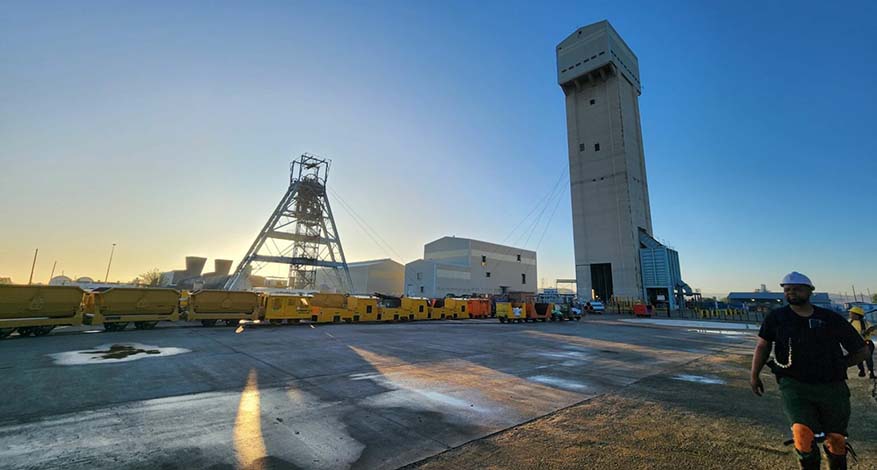[em português]
19 December – Today the Initiative for Responsible Mining (IRMA) released the results of an independent audit of Syrah’s Balama graphite operation (“Balama”) in Mozambique against the IRMA Standard for Responsible Mining. Balama achieved IRMA 50 after the independent audit firm SCS Global Services measured its performance versus the Standard’s 400+ criteria.
Balama is one of 22 industrial-scale mining operations worldwide engaged in independent audits with the IRMA system. After an initial self-assessment, a participating mine engages a third-party audit firm — trained and approved by IRMA — to conduct a detailed independent evaluation, including on-site visits to the mine and nearby communities.
IRMA 50 means SCS Global Services verified Balama met all critical requirements of the IRMA Standard, as well as at least 50% of the Standard’s criteria in each of the four areas: social responsibility, environmental responsibility, business integrity and planning for positive legacies. The full audit report is available on the Balama audit page at responsiblemining.net.
“The information stakeholders need to decide what’s going well — and what may require more attention.”
“This report demonstrates that mines supplying materials essential to the renewable energy transition can point to transparent, independent evaluations of their environmental and social performance,” said Aimee Boulanger, Executive Director of IRMA. “Through detailed IRMA audit reports, mining companies, communities and companies that purchase mined materials can gain the information they need to decide what’s going well — and what may require more attention — at specific mines.”
As the IRMA Standard is recognized and adopted around the globe, these audits are just the first steps in a deepening dialogue between mining companies and those affected by their operations. And because the process is still evolving, IRMA cautions that the initial results should be reviewed and interpreted accordingly.
“If the results don’t fully reflect the experience of communities or other affected groups, we want to hear from them,” Ms. Boulanger said. “We’ll help them communicate with the company to better understand its performance, and with the auditors on any issues they feel were overlooked in the review. This is a cornerstone of our own commitment to transparency. We invite anyone who has criticisms of our work to join us in making it better. Finding ways to improve is built into our system — and a measure of its success.”
“This accomplishment is a first in the global graphite industry and highlights nearly a decade of strengthening our differentiated ESG performance.”
“Achieving IRMA 50 is a significant milestone for Syrah in our commitment to operate in line with international best practice for responsible mining. This accomplishment is a first in the global graphite industry and highlights nearly a decade of strengthening our differentiated ESG performance, particularly Balama’s strong safety record, investment in training and developing a highly skilled workforce, ongoing community development, human rights due diligence, legal governance and compliance, stakeholder engagement and demonstrated commitment to environmental sustainability,” said Syrah Managing Director and CEO, Shaun Verner.
The Initiative for Responsible Mining Assurance (IRMA) is (1) a voluntary mining standard describing best practices to protect people and the environment, (2) an assurance process to measure mines against that standard, and (3) an organization equally governed by representatives of six affected stakeholder sectors – communities, organized labor, NGOs, finance, purchasers and mining companies — that oversees the standard and the assurance process. IRMA is globally unique in that its governance provides communities equal power to mining companies, and the non-commercial interests the same power as commercial interests.
For More Information:

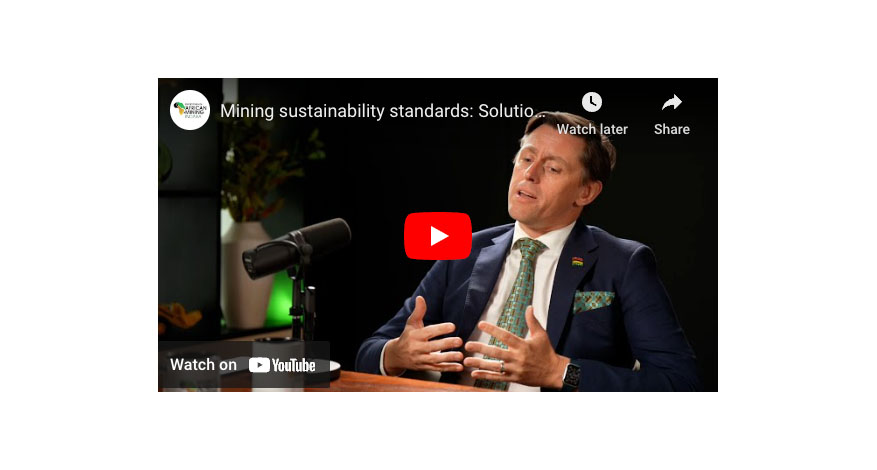

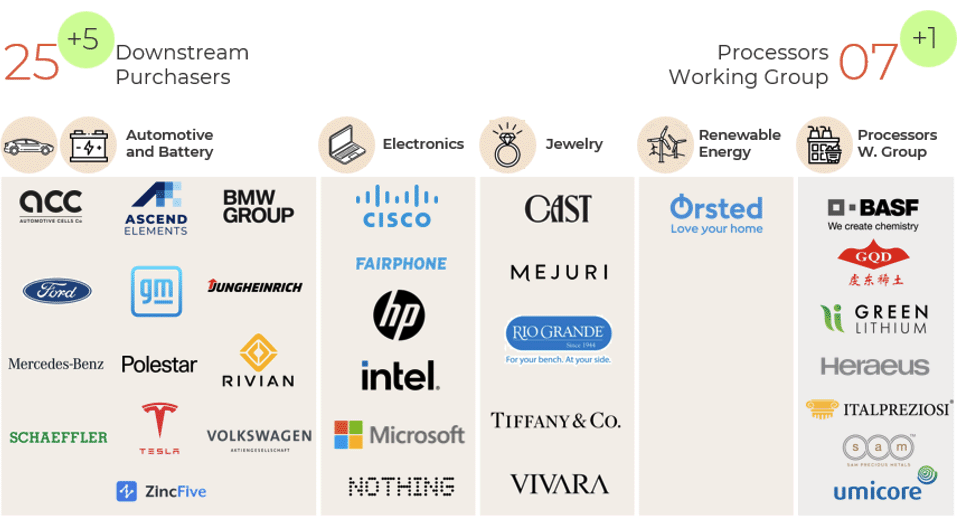


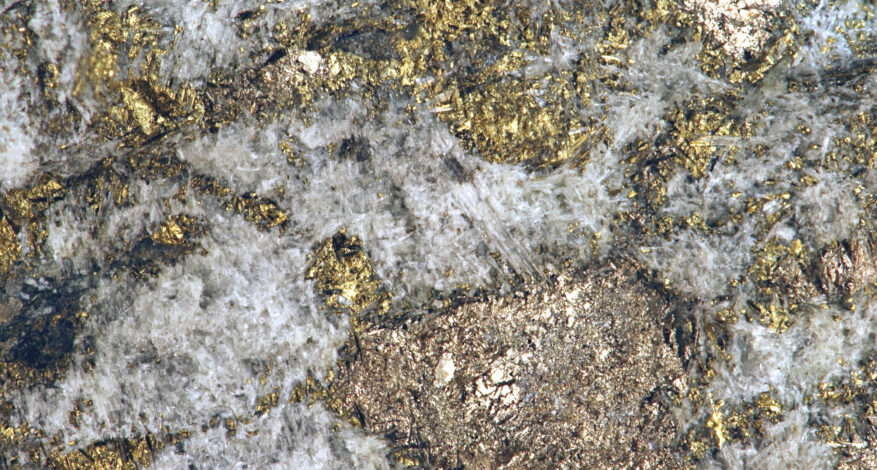
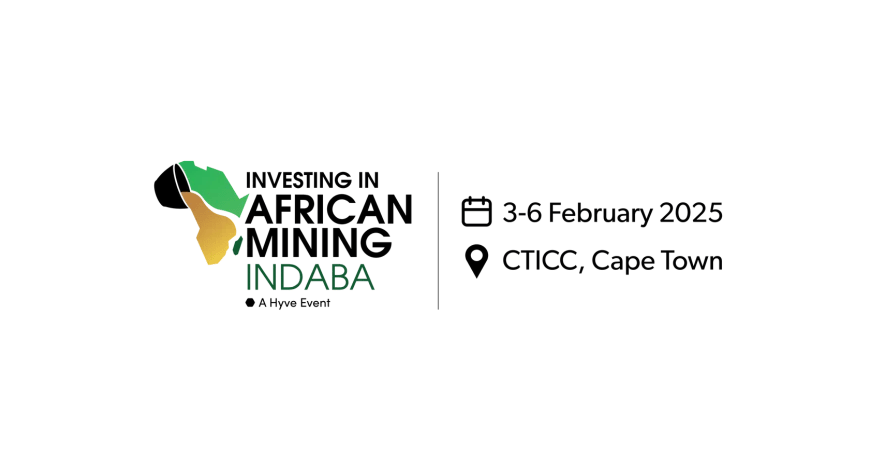
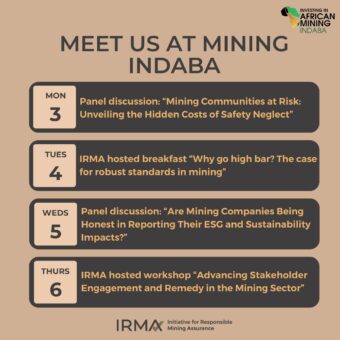 This is where you will find IRMA at
This is where you will find IRMA at 